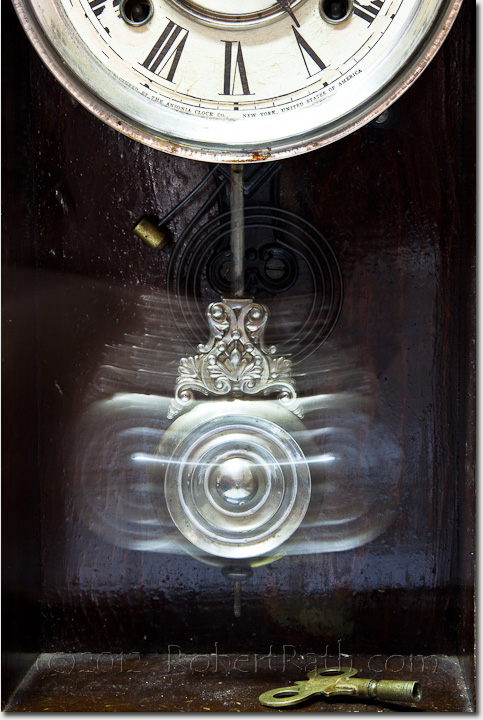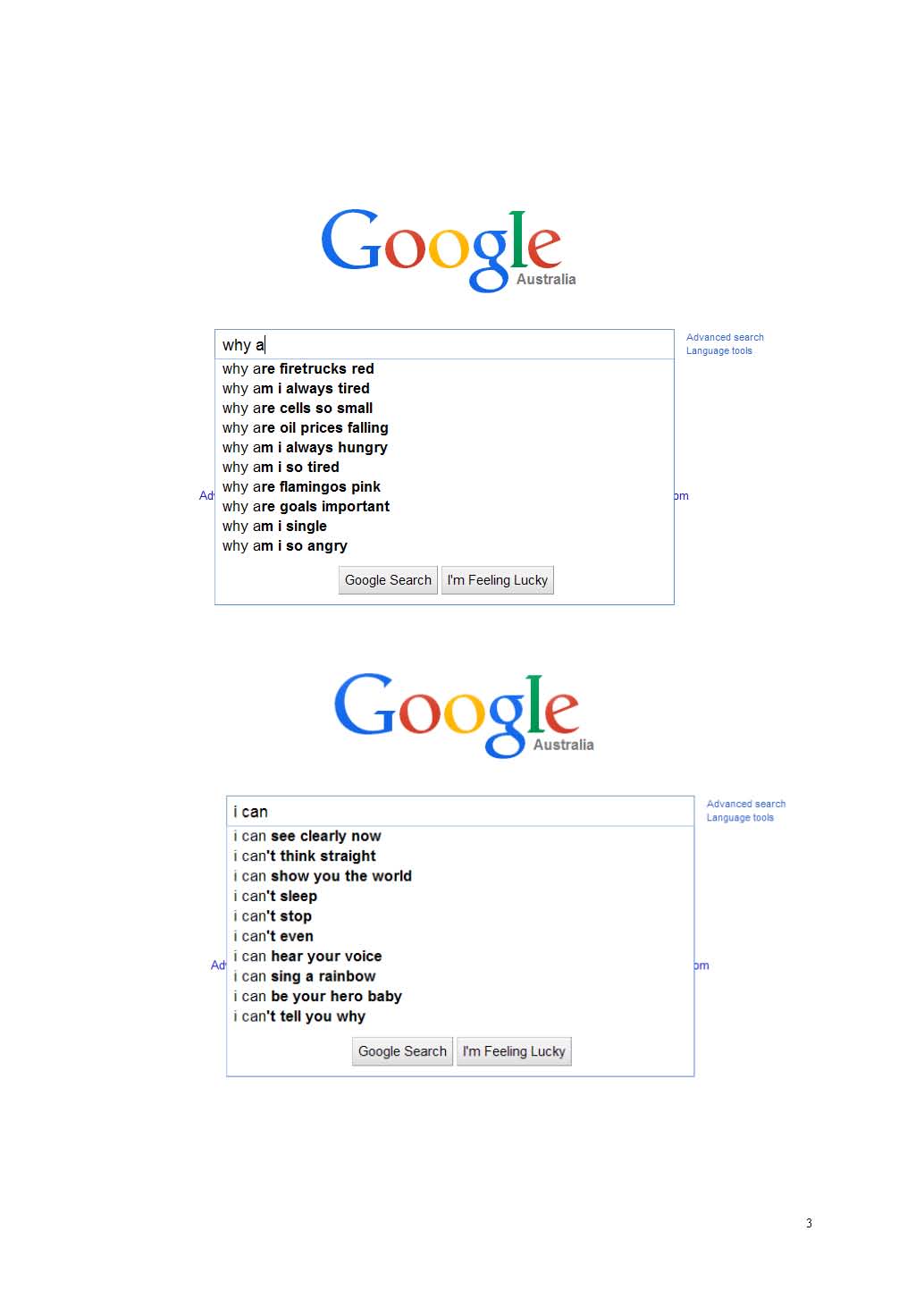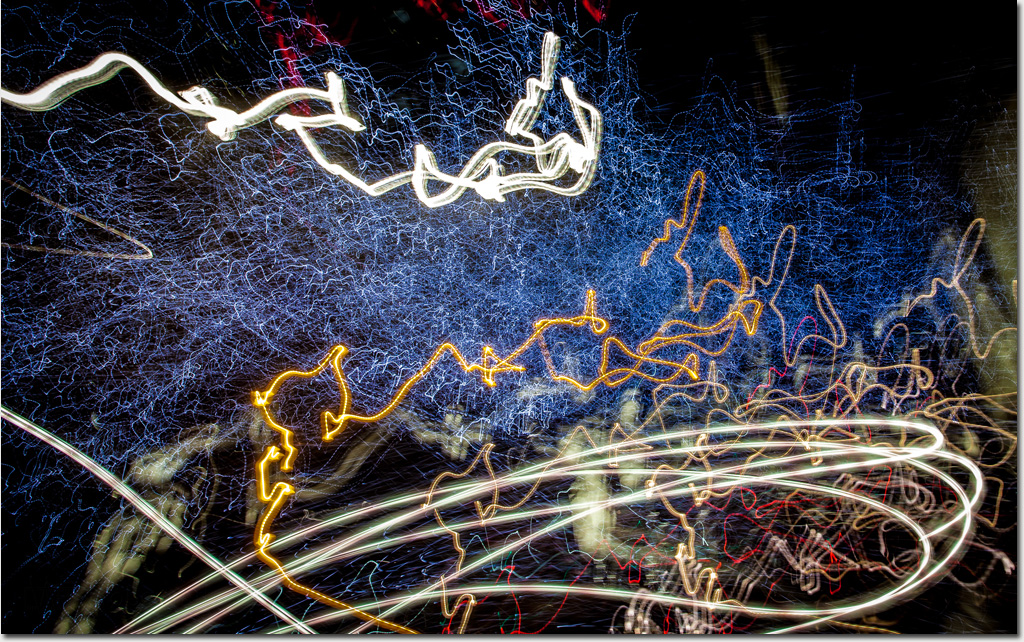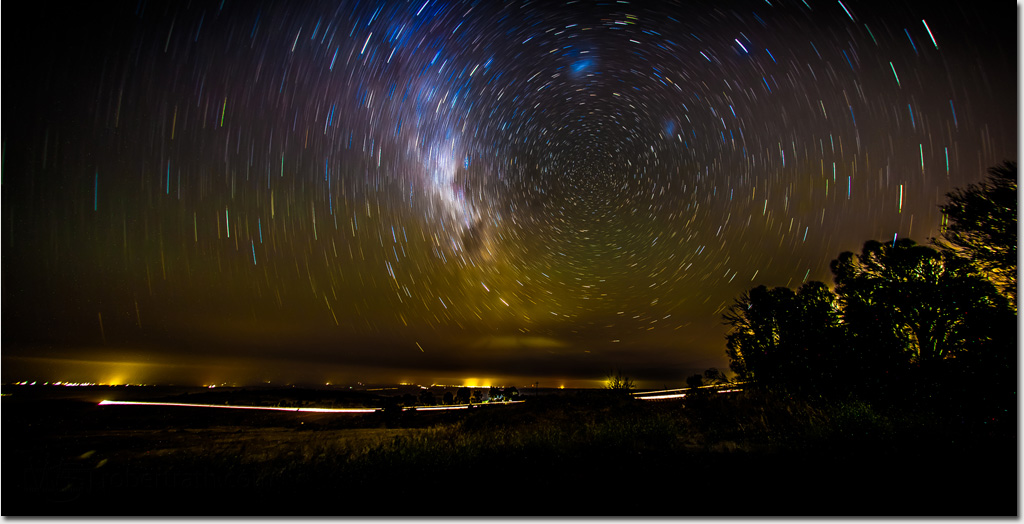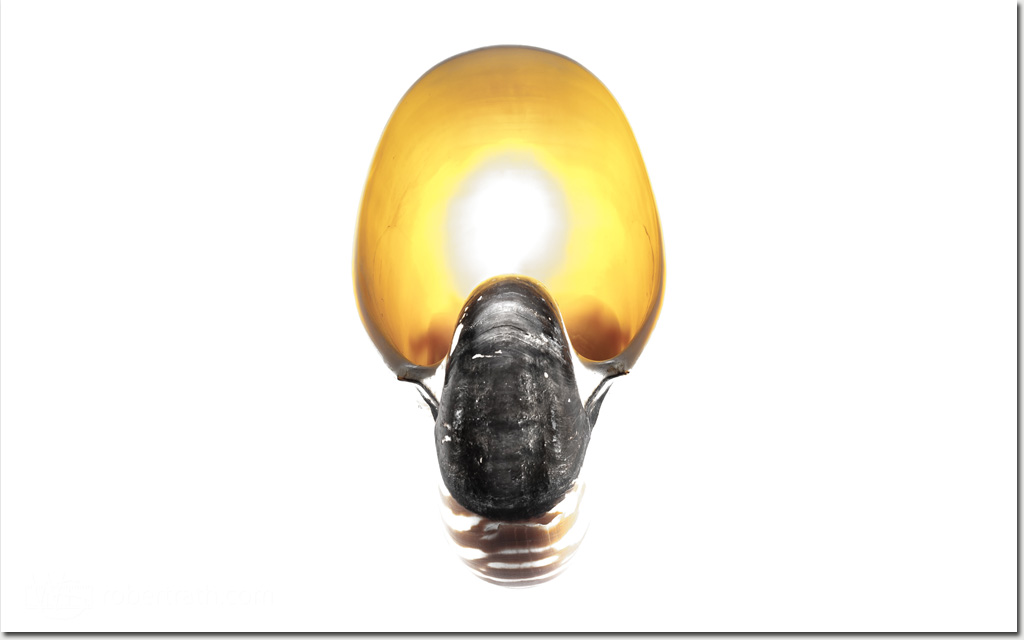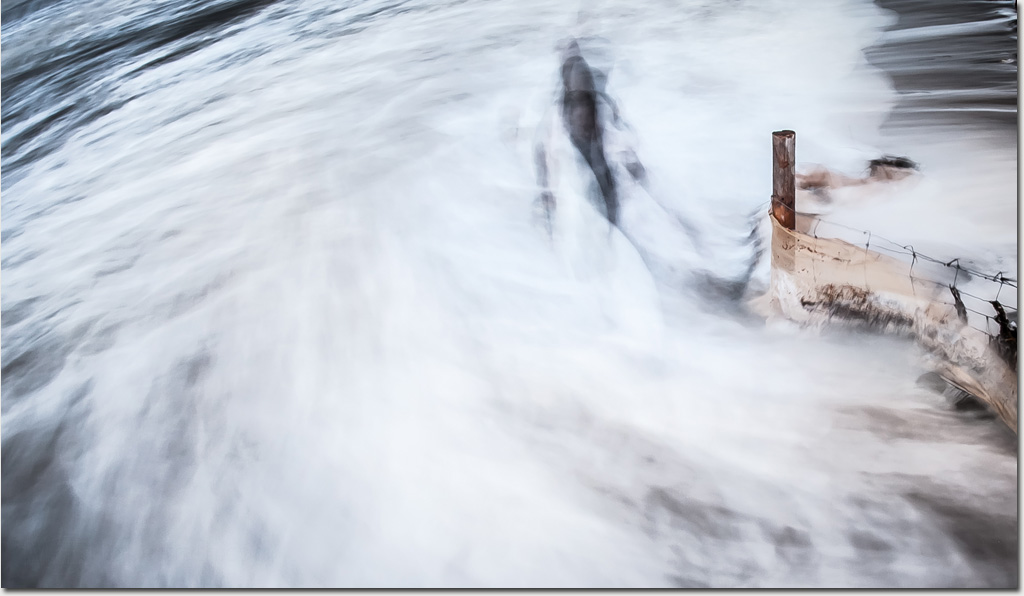
The Beast. Photo by Robert Rath from Robert's website.
And so, the end is here. The final poem of the 30-poems-in-30-days madness. Thank you for reading and taking the time to comment and provide feedback. You don't know how much I appreciated it; knowing you were somewhere with me on that lonely marathon track boosted my energy no end.
Today's poem is a bit Schrödinger-meets-T-S-Eliot. You can read about the Schrödinger's cat quantum mechanics thought experiment here and about Old Possum's Book of Practical Cats by T S Eliot here.
multiple miaows
Schrödinger's cat
has been let out of the bag;
photos of her
posted all over the internet;
quite the cat-about-town
double-slitty-kitty eyes
curious,
commanding your attention;
swish of a stringy tail
and twitch of a whisker
demanding that you
entangle with her;
you love and hate her
wonder who named her
observe her now
in her cute-pussy pose
to determine
her fate.
Here's looking at you, Kitty.
(So who's watching us?)






